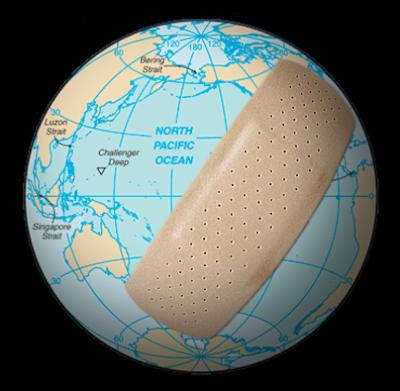
Global financial challenges have pushed back the decades of progress in the fight against poverty. The World Bank estimates the current economic recession could drop millions of people in developing nations back into severe poverty and reintroduce them to their ongoing struggle for food, water, shelter, education and health care.
As the Obama administration brings heightened accountability, transparency and better risk management to the U.S. financial system, the same rigorous standards of accountability and effectiveness need to be in place for U.S. foreign assistance. Because the total of all American assistance falls short of one-half of 1 percent of the total U.S. budget, the impact of foreign aid lies in how it is delivered.
U.S. assistance programs should accomplish their goals when it comes to building schools, paving roads, treating the sick and training farmers. These tangible results from assistance programs should be the true measure of the assistance program’s effectiveness. According to Gerald Grinstein, the former CEO of Delta Air Lines and William D. Ruckelshaus, former Environmental Protection Agency administrator in a recent Seattle Times article, “Too often, however, aid programs have been measured by how much has been spent rather than the results that have been achieved.”
Grinstein and Ruckelshaus also believe U.S. foreign policy requires better accountability, and aid should be transparent. Countries receiving aid should know how much to expect, over what length of time in order to plan long-term. This way, the citizens of developing countries can prioritize their development goals and keep their government accountable for producing results with the received aid.
-- Jaimie Hwang
Read Full Opinion Article Here.
Source: Seattle Times



